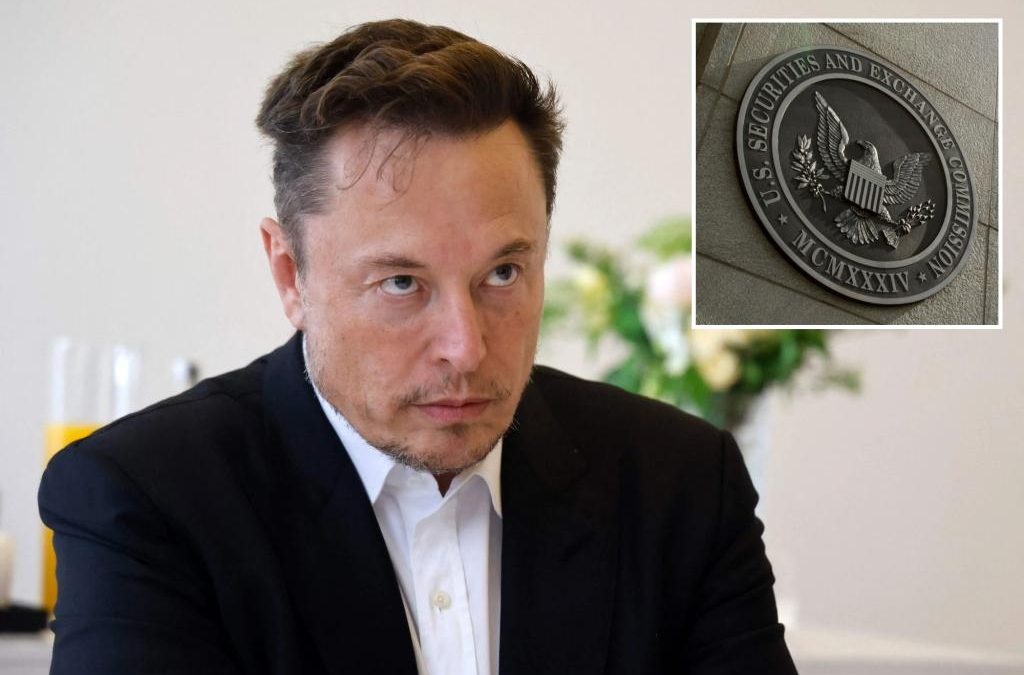A federal appeals court on Monday rejected Elon Musk’s bid to modify or end his 2018 securities fraud settlement with the Securities and Exchange Commission that required a Tesla lawyer to approve some of his tweets in advance.
The 2nd US Circuit Court of Appeals in Manhattan rejected Musk’s claim that the SEC exploited his consent decree to conduct bad-faith, harassing investigations that violated his First Amendment free speech rights under the Constitution.
Musk’s decree resolved an SEC lawsuit accusing him of defrauding investors with an Aug. 7, 2018, tweet that he had “funding secured” to take his electric car company private.
It required advance review of tweets that might contain material information about Tesla. Musk and Tesla each also paid $20 million in civil fines, and Musk gave up his role as chairman.
In the appeal, Musk’s lawyers called the pre-approval mandate a “government-imposed muzzle” that amounted to an illegal prior restraint on his speech.
But the three-judge appeals court panel said the SEC had opened just two subsequent inquiries into Musk’s tweets, and those tweets “plausibly violated” the decree’s terms.
The panel said the SEC’s “limited, appropriate inquiries in this case have not made compliance with the consent decree ‘substantially more onerous’” for Musk, as he had argued.
It also said Musk chose to allow screening of his tweets, and had no right to revisit the matter “because he has now changed his mind.”
Alex Spiro, a lawyer for Musk, said in an email: “We will seek further review and continue to bring attention to the important issue of the government constraint on speech.”
The SEC declined to comment.
Monday’s decision upheld an April 2022 ruling by US District Judge Lewis Liman in Manhattan.

Liman called Musk’s arguments a “bemoaning” of requirements he no longer wanted to adhere to now that Tesla had “become, in his estimation, all but invincible.”
Musk bought Twitter for $44 billion in October, and runs rocket and spacecraft manufacturer SpaceX. He is the world’s second-richest person, according to Forbes magazine.
In February, a San Francisco jury found Musk not liable for investor losses over his “funding secured” tweet.
Source




